Although times have changed since his grandfather and father ran a coffee house more than three decades ago, Honorio Garcia Delgado of Cafetaza has became one of the early pioneers in specialty coffee in the Basque country capital of Northern Spain, Vitoria.
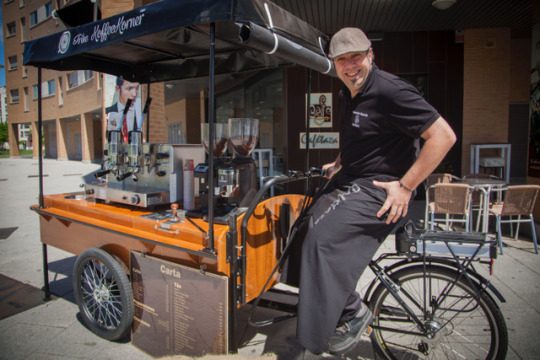
“My father taught me about coffee culture”, says the current Spanish Barista and Micro-roaster Vice-Champion. “In Spain, we still drink torrefacto coffee and robusta - a lot of robusta. Yet, thirty years ago my grandfather and father had cafés and would only serve 100% arabica coffee, nothing else. This paved the way for my life in coffee”.
Honorio followed in his father’s footsteps and opened his first cafeteria at the age of 19 before taking up the craft of roasting. “When I started to roast nine years ago on a small 2kg Toper, the experience was very positive”, Honorio adds. “I was roasting in public so that my customers could see it, and they loved it.”
Encouraged by the positive reaction that he received, the 43 year-old started his first specialty coffee project called Cafetaza; a third wave coffee shop where he has been roasting specialty coffee on a small scale for customers and retail: “I now work with all the coffees myself; from finding green beans providers, developing the roast profile, and production roasting. In the last year, my second project is a coffee lab called Trike Koffee Roasters with the addition of a 6kg capacity Jensen. This allows me to roast coffee in larger quantities and we are now roasting approximately 60kg per week”.
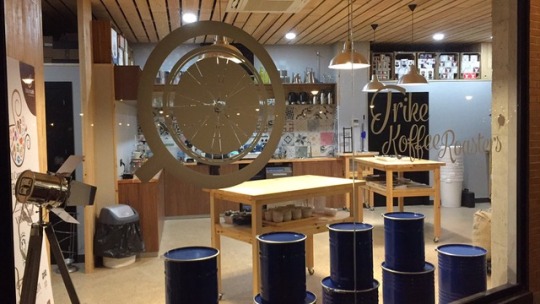
His intense focus on quality and a desire to compete at a national level for a number of years has brought Honorio into the orbit of the SCA and Spain’s own coffee association - Forum Del Café - where he actively contributes to the organisation of coffee championships in the country each year. Honorio cites coffee roasters, Emilio and Marisa Baque, as instrumental in helping him to hone his craft and understand quality control better.
“I’m directly involved in coffee professionally and personally so it is important to work with others to enhance quality – and the one thing that I want to develop is higher quality. I don’t want to roast commercial grade coffee and I don’t want just good coffee - I want to have the best coffees. That is my quest. At Trike Koffee Roasters, we firmly believe in changing coffee quality in spain and we believe that education is the key to improving this”, he comments.
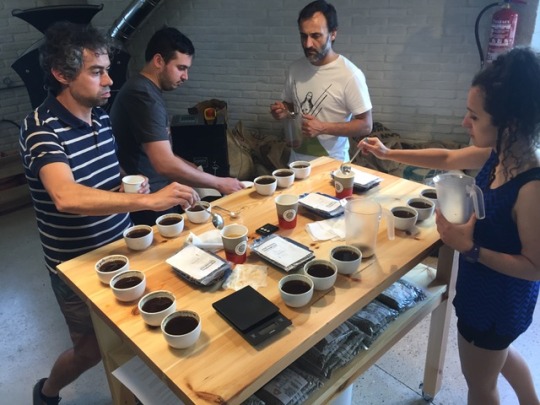
As a specialty roaster and coffee shop owner, Honorio’s recent trip to visit coffee farms in Colombia has ignited his interest in direct trade. Although he regards the geographical distance from origin as a barrier to fully understanding the value chain at the production level, he sees this as an opportunity to learn more and reach the grower directly.
“My limitation is that I’m not a grower. But I want to get closer to origin so buying green coffee and roasting it allows me to understand much more than if I was simply buying simply roasted beans and brewing it. When it comes to roasting, I dedicate myself to the cup quality, to fine tune the device and reach a certain quality. It’s a game that makes me alive and professionally; it gives me very good sensations so of course I love it!”
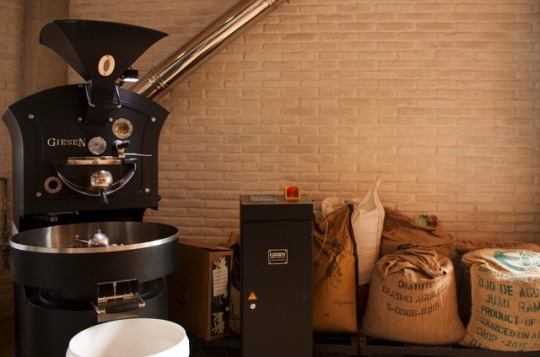
His Colombian field trip has been an eye-opener and he has already committed to collaborate with a producer directly: “I realised in Colombia that there are problems with the payment to the growers. They get about eight percent of the cup’s value. This means that the supply chain has to better share the value. I now have an agreement with a producer to commit to buy her entire production of six bags in order to help stabilise her finances. We will also help her to set up a mill”.
Pleased by its ‘impressively strong’ chocolate flavours in the cup, Honorio also recently bought a naturally processed Costa Rican coffee from Finca El Chayote through the algrano platform which he describes as a ‘triumph’ for his customers. It is a purchasing decision that has already helped Honorio to meet his goal of collaborating more closely with growers as he seeks out more transparent trade relationships in Costa Rica, Colombia and elsewhere.
When considering the prospect of offering more delicious coffees through direct, transparent trade, he turns his attention back to Vitoria: “Cafetaza is a place with a lot of demand. It has already raised attention because we do things differently. People in Spain are used to bitter-tasting coffee, especially torrefacto which is bad quality. Things are getting better but there is still a lot of work to do”.
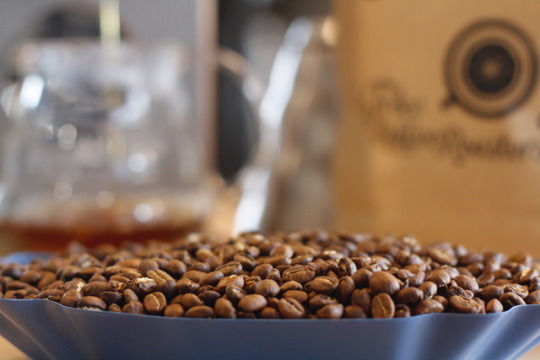
However, Honorio remains philosophical in his outlook: “Somos lo que comemos, y somos lo que bebemos (we are what we eat, and we are what we drink),” he concludes. It comes as no surprise that many Vitorians will be happy to raise a cup of coffee to his specialty approach to philosophy in life.
ALGRANO COFFEE IN THE HOPPER
- Producer: Finca Chayote
- Country: Costa Rica
- Varietal: Villa Sarchi
- Process: Semi-Washed
FOLLOW CAFETAZA AT:
- Twitter: MrCafetaza
- Facebook: /Cafetaza
- Instagram: MrCafetaza
- Website: http://www.cafetaza.es/

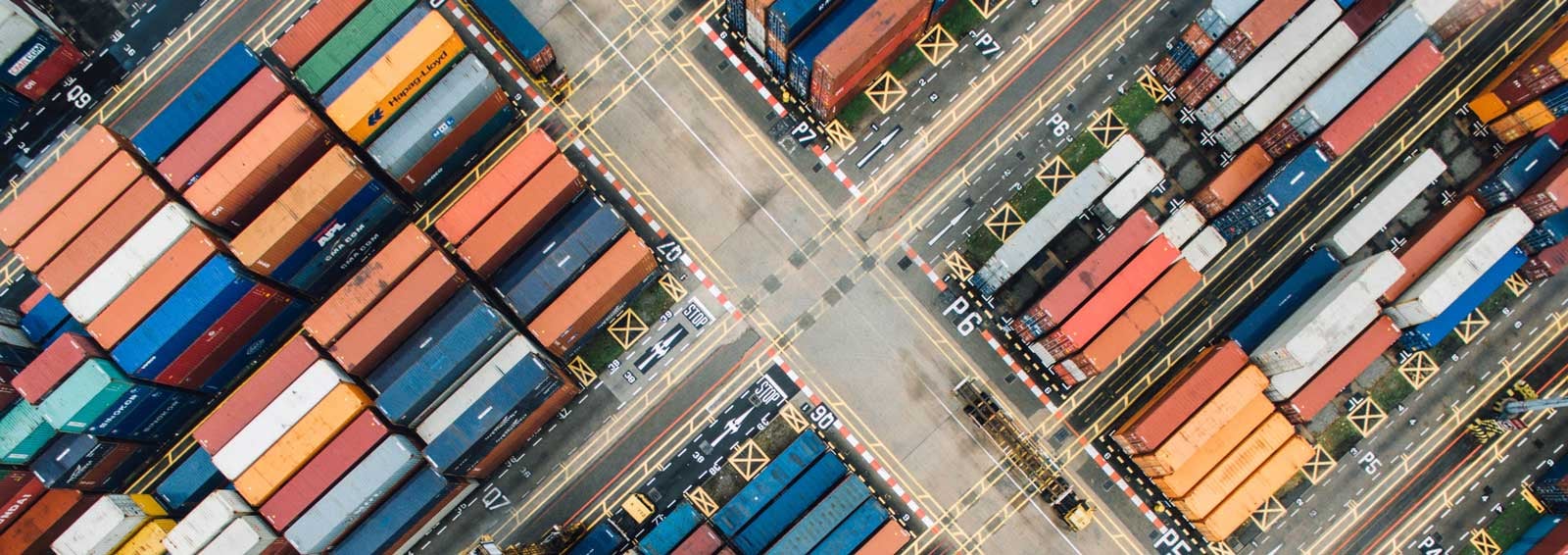
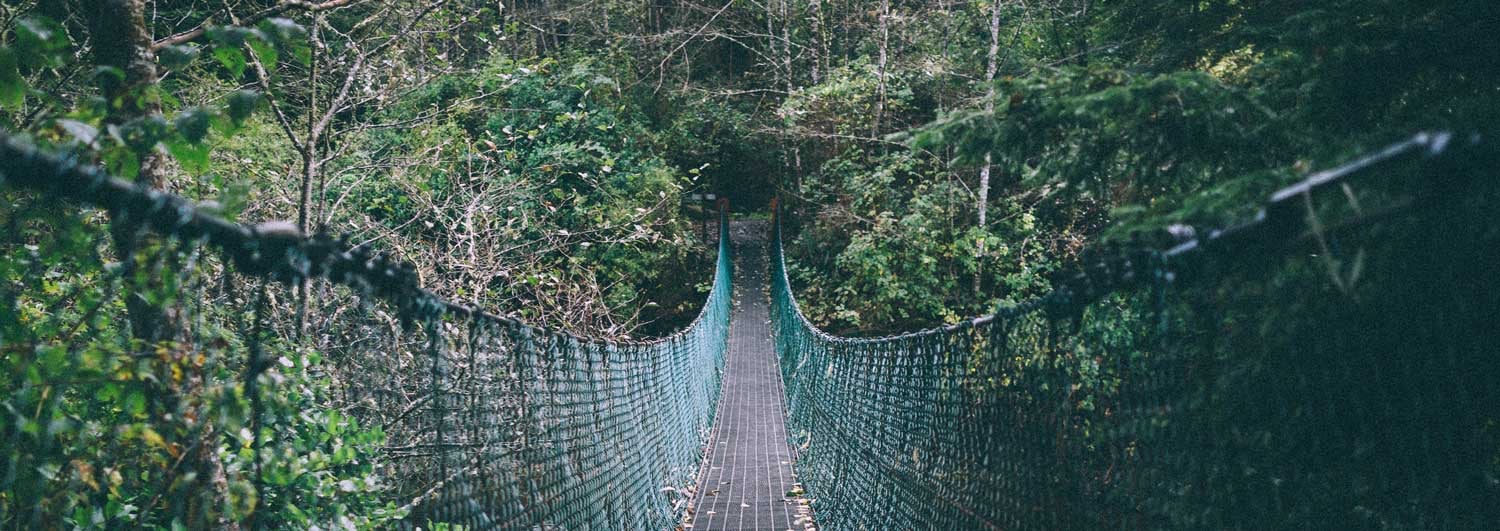
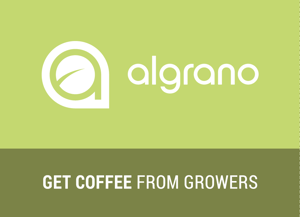
Let Us Know What You Thought about this Post.
Put your Comment Below.